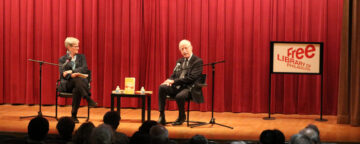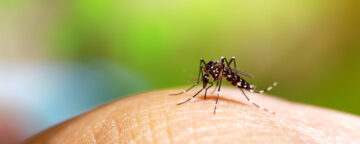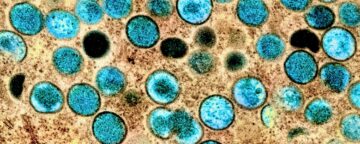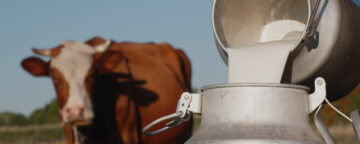Former NIH director Francis Collins and APPC's Kathleen Hall Jamieson discussed science, faith, trust, and Collins' new book "The Road to Wisdom" at the Free Library of Philadelphia.


Former NIH director Francis Collins and APPC's Kathleen Hall Jamieson discussed science, faith, trust, and Collins' new book "The Road to Wisdom" at the Free Library of Philadelphia.

An APPC study finds that while public worry about contracting RSV has dropped significantly in the past year, worry about flu and Covid-19 has not.

APPC survey reveals room for improvement in public knowledge about mosquito-spread viruses, despite the increasing frequency of related epidemics.

APPC health survey data finds that belief in vaccination misinformation has risen, and a willingness to vaccinate against Covid-19 is lower than in the past.

An APPC survey reveals that most Americans do not know where their local cooling centers are in cases of extreme heat.

An APPC survey finds that Americans' knowledge about mpox and the likelihood to vaccinate against it has waned since the outbreak in the summer of 2022.

Kathleen Hall Jamieson has been named to a working group on communications for the Centers for Disease Control and Prevention’s Advisory Committee to the Director.

An APPC survey finds only 1 in 4 U.S. adults often or always use a food thermometer when cooking and most are unsure of the right temperature to heat food to to prevent illness.

A new APPC health survey finds fewer than half of U.S. adults know drinking raw milk is less safe than drinking pasteurized milk.

An analyses of ASK survey data find perceptions of scientists’ credibility remains high, but eroded somewhat from 2023 to 2024 -- and perceptions of AI scientists are lower than for scientists in general.